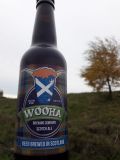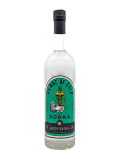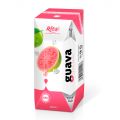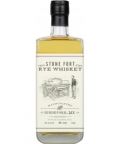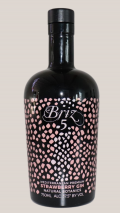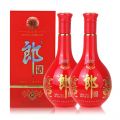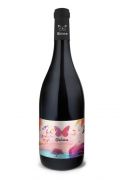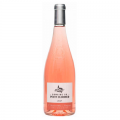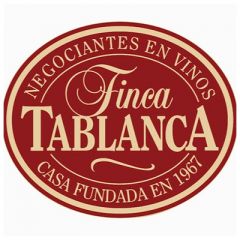Rum
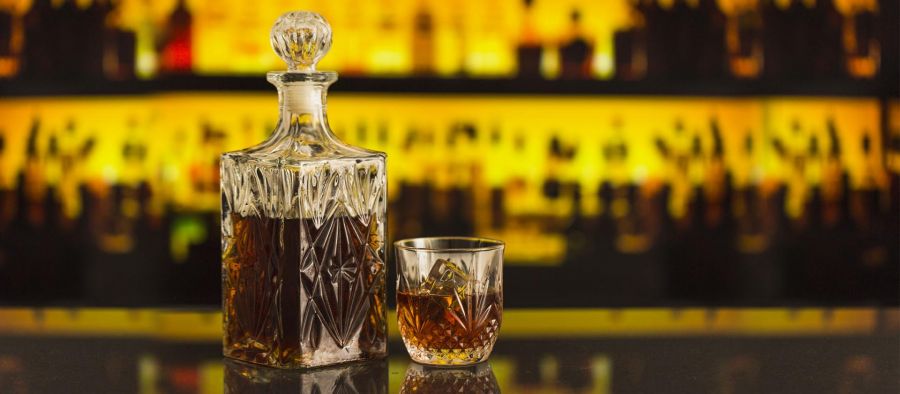
Rum is a distilled alcoholic beverage made from sugarcane byproducts, such as molasses or honeys, or directly from sugarcane juice, by a process of fermentation and distillation. The distillate, a clear liquid, is then usually aged in oak barrels. The grades and variations used to describe rum (e.g. “White” or “Golden” or “Dark”) depend on the location where a rum was produced.
In popular lore, rum is synonymous with island life and, specifically, the Caribbean. Sugar cane and rum production spread throughout the Caribbean after 1493, when Christopher Columbus first brought sugar cane to the region. The heat and humidity of the local climate allowed the plant to flourish, and by the 1600’s, rum was very much in demand in England and its colonies. In fact, the British Royal Navy famously gave its sailors daily rations of rum, and that practice existed for nearly 300 years.
Rum is similar to wine in that it is very much a product of its local environment. Three major factors – the type of sugar cane used, weather and soil – all play a major role. As a result, rum styles vary greatly according to where they are made. Rum made in Central America, for example, tends to be light-bodied, with a light, fruity and floral style. In contrast, rums from Barbados have greater complexity and character, while rums from Trinidad are spicy. Jamaica, for its part, is known for bigger-bodied and oak barrel-aged dark rums.
Light rums, also referred to as "silver" or "white" rums, typically have very little flavor aside from a general sweetness. Light rums are sometimes filtered after aging to remove any color. Golden rums, also called "amber" rums, are medium-bodied rums that are generally aged. These gain their dark color from aging in wooden barrels. They have more flavor and are stronger-tasting than light rum, and can be considered a mid-range option between light rum and the darker varieties.
Dark rums, also known by their particular color, such as brown, black, or red rums, are classes a grade darker than gold rums. They are usually made from caramelized sugar or molasses. They are generally aged longer, in heavily charred barrels, giving them much stronger flavors than either light or gold rums, and hints of spices can be detected, along with a strong molasses or caramel overtone.
Flavored rums are infused with flavors of tropical fruits, such as banana, mango, orange, pineapple, coconut, starfruit or lime. These rums are generally less than 40% ABV (80 proof). This infusion of flavors occurs after fermentation and distillation. Various chemicals can be added to the alcohol to simulate the tastes of certain foods.






